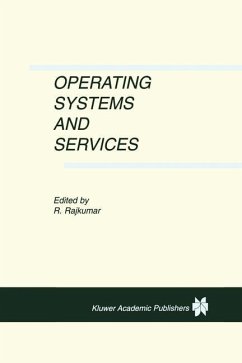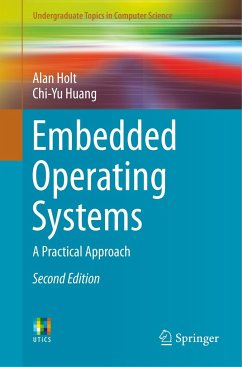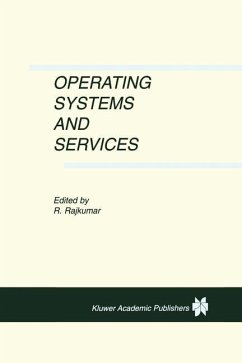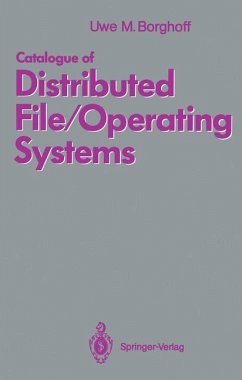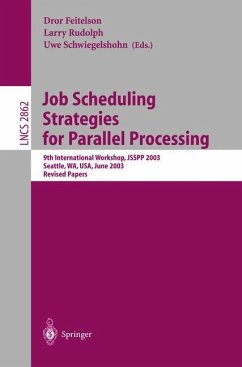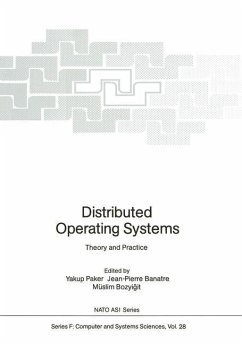
Compilers and Operating Systems for Low Power
Versandkostenfrei!
Versandfertig in 1-2 Wochen
77,99 €
inkl. MwSt.

PAYBACK Punkte
39 °P sammeln!
Compilers and Operating Systems for Low Power focuses on both application-level compiler directed energy optimization and low-power operating systems. Chapters have been written exclusively for this volume by several of the leading researchers and application developers active in the field. The first six chapters focus on low energy operating systems, or more in general, energy-aware middleware services. The next five chapters are centered on compilation and code optimization. Finally, the last chapter takes a more general viewpoint on mobile computing. The material demonstrates the state-of-t...
Compilers and Operating Systems for Low Power focuses on both application-level compiler directed energy optimization and low-power operating systems. Chapters have been written exclusively for this volume by several of the leading researchers and application developers active in the field. The first six chapters focus on low energy operating systems, or more in general, energy-aware middleware services. The next five chapters are centered on compilation and code optimization. Finally, the last chapter takes a more general viewpoint on mobile computing. The material demonstrates the state-of-the-art work and proves that to obtain the best energy/performance characteristics, compilers, system software, and architecture must work together. The relationship between energy-aware middleware and wireless microsensors, mobile computing and other wireless applications are covered.
This work will be of interest to researchers in the areas of low-power computing, embedded systems, compiler optimizations, and operating systems.
This work will be of interest to researchers in the areas of low-power computing, embedded systems, compiler optimizations, and operating systems.



